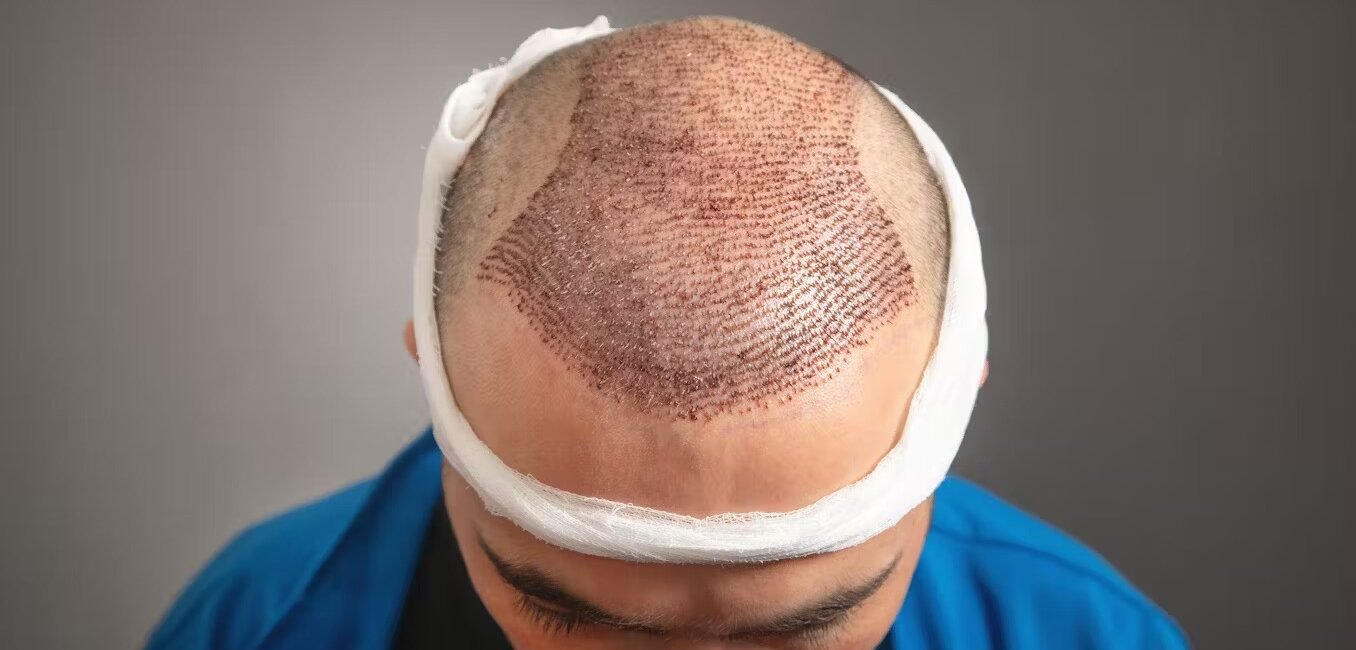
Hair loss can be emotionally challenging, affecting not just appearance but also confidence and social interactions. While hair loss is a natural process influenced by genetics, age, and hormonal changes, modern medicine offers advanced solutions—none more effective and lasting than hair transplants.
Understanding the Power of Hair Transplants:
A hair transplant in islamabad is a minimally invasive surgical procedure that involves relocating healthy hair follicles from a donor area (typically the back or sides of the scalp) to areas experiencing thinning or baldness. This technique is considered the most effective long-term solution for hair loss in both men and women.
There are two popular methods of hair transplantation:
-
FUT (Follicular Unit Transplantation): Involves removing a strip of scalp, dissecting it into individual grafts, and implanting them into bald areas.
-
FUE (Follicular Unit Extraction): Involves directly extracting individual follicles and placing them in the targeted region.
While both techniques offer excellent results, FUE is often preferred due to its quicker healing time, minimal scarring, and natural-looking outcome.
Why People Choose Hair Transplants:
Hair transplant surgery has become increasingly popular—and for good reason. Here’s why more people are choosing this method:
-
Permanent Results: Unlike topical treatments or wigs, transplanted hair continues to grow naturally and permanently.
-
Natural Appearance: Advanced surgical techniques ensure the hair grows in a natural pattern, blending seamlessly with existing hair.
-
Boosted Confidence: Thicker hair can rejuvenate your appearance, making you feel more confident in both personal and professional spaces.
-
Low Maintenance: After recovery, transplanted hair requires no special maintenance—just regular washing and styling like the rest of your hair.
Who Is a Good Candidate for Hair Transplant Surgery?
While hair transplants are highly effective, they’re not suitable for everyone. You may be an ideal candidate if:
-
You have a clearly defined pattern of hair loss.
-
You have sufficient donor hair on the sides or back of your head.
-
Your hair loss has stabilized (not rapidly progressing).
-
You’re in good general health.
Consulting a qualified hair restoration specialist is essential to determine if you’re a good fit for the procedure.
What to Expect Before, During, and After Surgery:
Before the procedure, your surgeon will examine your scalp, discuss your goals, and create a personalized treatment plan. On the day of surgery, local anesthesia will be used to ensure comfort.
The duration of the procedure depends on the number of grafts being transplanted—it can take anywhere from 4 to 8 hours. You’ll be able to go home the same day.
Recovery Timeline:
-
First Week: Mild swelling, redness, and small scabs are common. These typically heal within 7–10 days.
-
First Month: Transplanted hair may shed—a normal part of the hair growth cycle.
-
3 to 4 Months: New hair starts growing from the transplanted follicles.
-
6 to 12 Months: Noticeable improvement in hair thickness and density.
Choose the Right Clinic for Best Results:
The success of a hair transplant depends largely on the skill of the surgeon and the quality of the clinic. When selecting a clinic, consider:
-
Experience and certification of the medical team.
-
Patient reviews and before-after photos.
-
Hygiene standards and advanced equipment.
-
Transparent pricing and post-operative care.
A well-qualified surgeon can customize your treatment to match your hairline, age, facial structure, and overall goals.
Conclusion:
Hair transplants have revolutionized how we approach hair loss. With advanced techniques like FUE, natural and permanent hair restoration is more accessible than ever. If you’re tired of hiding bald spots or thinning hair and want a long-term solution, a hair transplant could be the key to restoring not just your hair—but also your self-esteem.


